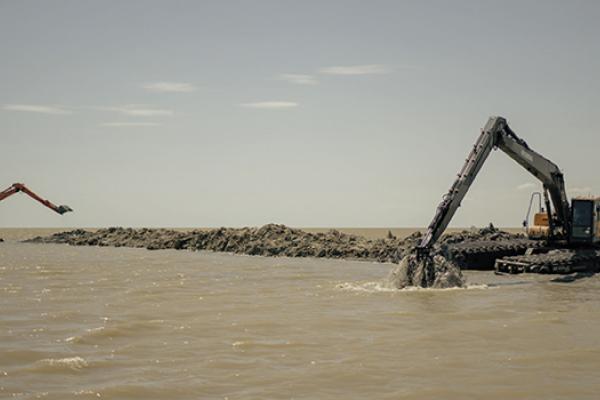Natalia Paramonova is a freelance Russian investigative journalist.
She studied environmental economics and climate policy, with a focus on water scarcity and food insecurity, before starting her freelance journalism career.
She has worked as a freelance journalist for several media outlets including RBC, GEO, takiedela.ru, LookBio.ru, Look.Bio, and "Plus 1," covering topics ranging from environmental economics to socially responsible business practices since 2013. Her articles have also appeared in Ecology and Law, and colta.ru.
In 2010, she co-founded the International Documentary Film Festival Ecocup and has been serving as its executive director. The festival, which showcases films in over 20 cities across Russia as well as in Ukraine, Kazakhstan, and Kyrgyzstan, brings together filmmakers and experts from around the world for discussions, lectures, and workshops. From 2010 to 2013, she was part of the editorial board at RIA Novosti, focusing on science and ecology.
Natalia has contributed to several notable conferences and projects in the past three years. She served as the chief editor for a special edition of the "Ecology and Law" magazine on the transparency of environmental information in 2018, supported by Bellona (Russia) and Article 19 (UK). She was involved in a German-Russian investigation about climate deniers the same year. As a journalist, she covered COP 23 and 24 in 2017 and 2018, and was a speaker at the International Ecological Exhibition EcoTech (Moscow) in 2016 and 2017.

